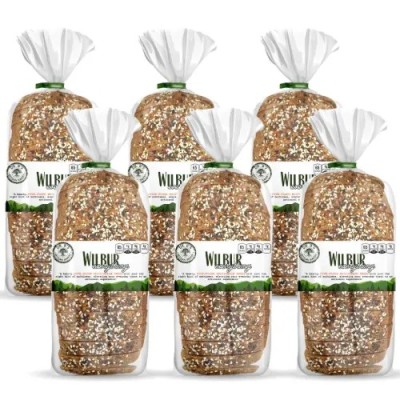Introduction
Many businesses and consumers often ask: “What is the BIS Certificate meaning?” Understanding this concept is critical for anyone involved in manufacturing, importing, or selling products in India. The BIS Certificate signifies that a product complies with the relevant Indian Standards (IS codes) and is safe, reliable, and of high quality.
The Bureau of Indian Standards (BIS) issues these certificates to ensure consumer safety and maintain consistent product quality. This article explains the BIS Certificate meaning, its importance, process, documents required, costs, benefits, and FAQs.
________________________________________
What is BIS Certificate Meaning?
The BIS Certificate meaning is that the product has been tested and verified to meet the Bureau of Indian Standards requirements. Essentially, it confirms:
1. The product complies with the applicable Indian Standards (IS codes).
2. Quality, safety, and performance standards have been met.
3. The manufacturer is legally allowed to display the ISI/BIS Mark on the product.
In simple words, a BIS Certificate is a seal of trust that assures consumers that the product they purchase is safe and reliable.
________________________________________
Importance of Understanding BIS Certificate Meaning
1. Consumer Safety – Ensures that products meet safety norms and are free from defects.
2. Legal Awareness – Helps manufacturers and importers understand statutory requirements.
3. Market Credibility – Products with BIS certification are trusted by distributors, retailers, and consumers.
4. Global Recognition – For foreign manufacturers, the certificate demonstrates compliance with Indian regulations.
5. Quality Benchmarking – Promotes standardization and consistent product quality.
________________________________________
Who Needs a BIS Certificate?
• Domestic Manufacturers – Companies producing electrical, mechanical, or consumer products.
• Importers – Foreign products entering India may require certification.
• Exporters – Manufacturers exporting products to India need BIS certification to meet legal requirements.
• Retailers and Distributors – Ensures they sell certified products compliant with Indian laws.
________________________________________
Step-by-Step BIS Certification Process
Step 1: Application Submission
• Manufacturers submit a BIS Application either online or offline.
• The application includes product details, manufacturing location, and IS code.
Step 2: Document Preparation
Required documents include:
• Factory incorporation or registration certificate
• Product test reports from BIS-approved labs
• Quality management system documents (ISO or internal systems)
• Authorized signatory documents
• Undertaking letter confirming compliance with relevant Indian Standards
Step 3: Product Testing
• Product samples are tested in BIS-recognized laboratories.
• Testing ensures compliance with safety, quality, and performance standards.
Step 4: Factory Inspection
• BIS conducts inspections to verify production processes, quality control, and compliance with Indian Standards.
Step 5: Grant of BIS Certificate
• Upon successful testing and inspection, BIS issues the certificate.
• The certificate includes product details, IS codes, manufacturer details, and validity period.
Step 6: Display of ISI/BIS Mark
• Manufacturers can legally display the ISI/BIS Mark on certified products, signaling compliance to consumers and retailers.
________________________________________
Documents Required for BIS Certificate
• Factory incorporation/license certificate
• Product test reports from BIS-approved laboratories
• Quality management system documentation
• Authorized signatory documents
• Address proof of manufacturing unit
• Undertaking letter for compliance with Indian Standards
Having complete and accurate documents ensures faster processing and reduces the risk of rejection.
________________________________________
BIS Certificate Cost
• The BIS certificate cost depends on the type of product, manufacturer size, and testing requirements.
• Small-scale manufacturers generally have lower fees compared to large-scale industries.
• Additional charges may include product testing, inspection, or renewal of certification.
________________________________________
Benefits of BIS Certificate
1. Legal Compliance – Ensures products meet Indian regulations.
2. Consumer Trust – Signals product safety and quality.
3. Market Advantage – Certified products are preferred by retailers, distributors, and consumers.
4. Export Facilitation – Essential for foreign manufacturers exporting to India.
5. Quality Assurance – Guarantees adherence to Indian Standards over time.
________________________________________
Common Mistakes to Avoid
• Submitting incomplete or outdated documents
• Using incorrect IS codes
• Ignoring mandatory product testing
• Delaying application fee payment
• Not monitoring application status online
Following proper procedures ensures smooth approval and compliance.
For more details visit :- https://bis-certifications.com..../what-is-bis-certifi
پسند
تبصرہ
بانٹیں





